Knowledge
When Bigger Isn’t Better: The Downside to Constant Consolidation
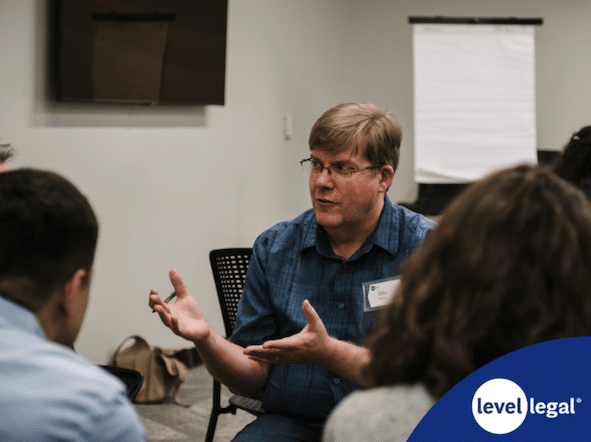
Who’s Afraid of ESG?
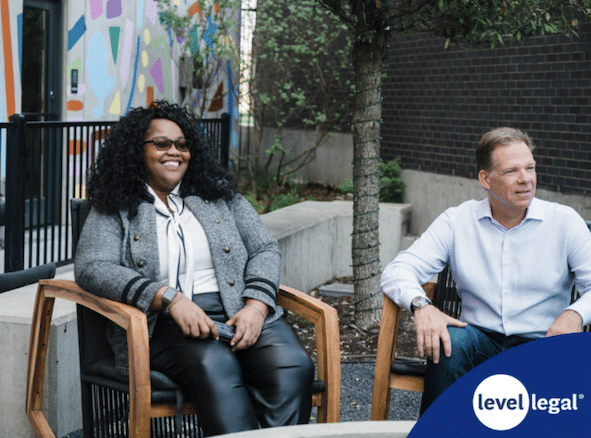
Should Doc Reviewers Consider a Career in Cybersecurity? Short Answer: Yes

The True Cost of Managed Review: It’s Not What You Think
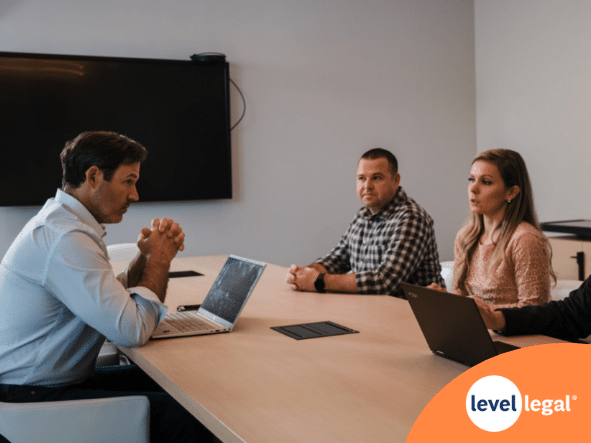
Moving Past Confusion to Ensure Corporate Compliance With Privacy Restrictions
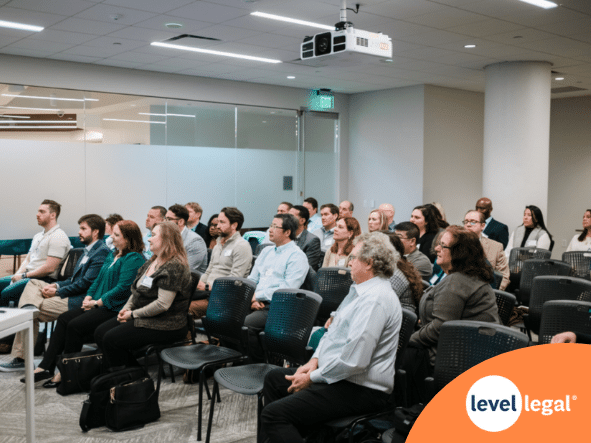
The Maturing of LegalTech: Ominous Clouds for Customers?
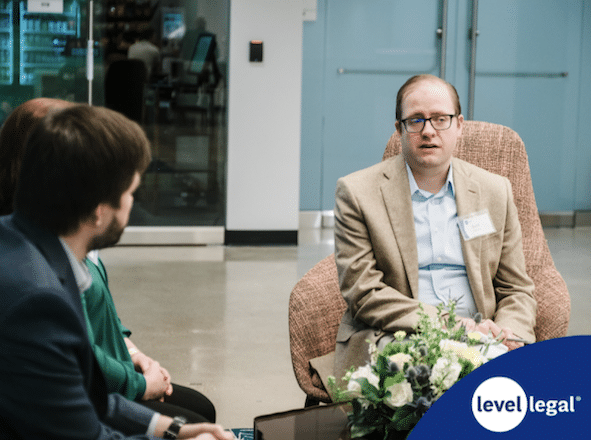
Four Ways to Reduce Risk as Data Privacy Concerns Turn Up the Volume

Why Collaborate: The Future of Legal Services Is Human
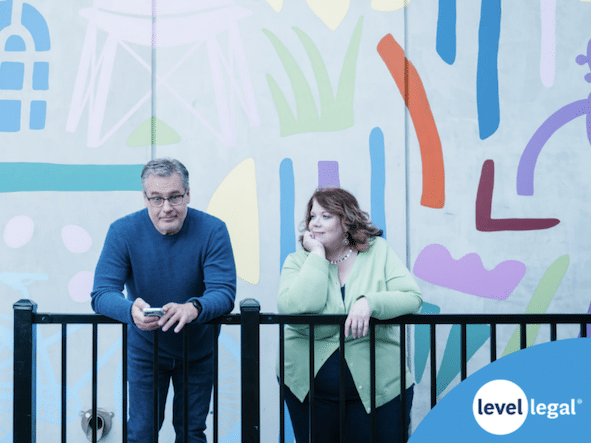
Data Concentration Expected to be a Focus of Antitrust Scrutiny
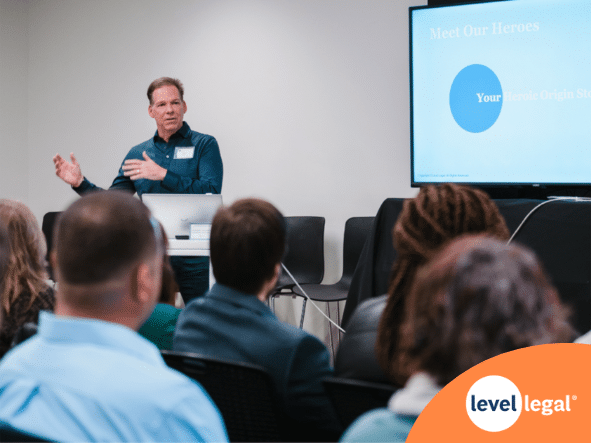
Level Legal Reports Nearly 200% Revenue Growth Through Q2 and Addition of Seasoned New Talent
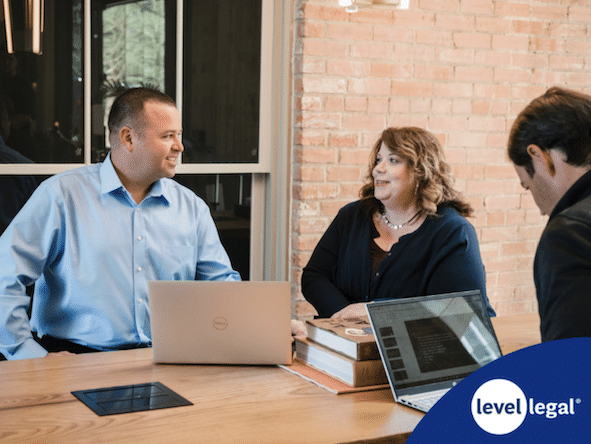
Twelve Timely eDiscovery Tips From the Alex Jones Case
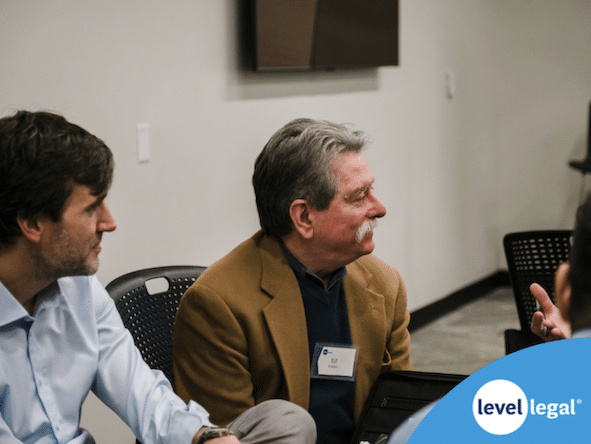
Creating a Collaborative Culture in Legal Services

